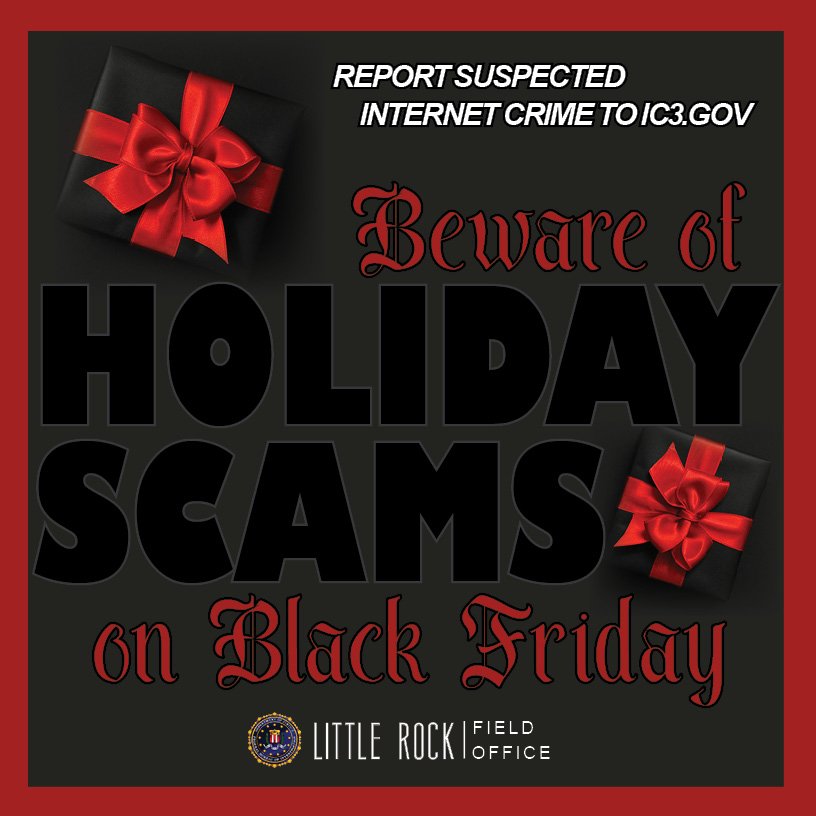
The FBI advises users of Chrome, Safari, and Edge not to make purchases from these websites.
Now that Black Friday has arrived, it is evident that online shoppers are more
vulnerable than ever. According to recent reports, nearly 80% of shopping offers
that arrive in inboxes are fraudulent, and scam websites have increased by 89%
over the previous year. Even Google search results have been manipulated to direct
users to risky websites.
It should come as no surprise that the FBI has issued a new alert for internet
shoppers, listing the sellers to stay away from on Cyber Monday, Black Friday, and
during the entire holiday season. This is an essential safety checklist for all users of
Chrome, Safari, and Edge, which account for 95% of the US browser market.
The FBI's recommendations for which sellers to stay away from boil down to seven
main points.
1. Before making a purchase from a website, make sure the URL is "legitimate and
secure." Websites should have https at the start of the full address and the
obvious secure connection padlock in the address bar. Proceed if the URL is
incorrect or the website is not secure.
2. Before making your first purchase from a website, conduct some research and
look up any available online reviews. Keep in mind that reviews can be
phony, so don't ignore the first one you come across.
3. "Watch out for sellers who have mostly negative feedback ratings or no ratings at
all" if you're using an auction site or comparable marketplace. Sellers with a
high volume of completed transactions and positive reviews are what you
want.
4. Avoid buying from vendors "who act as factory reps or authorized dealers of
popular items in countries where such deals would not exist." This is a well-
known scam in which these stores accept orders but hardly ever ship
anything—the items they do ship are typically fake.
5. Moreover, sellers "who post an auction or advertisement as if they reside in the
U.S. but then respond to questions by stating they are out of the country on
business, family emergency, or similar reasons" should be avoided. Once
more, this is a common scam in which the seller will provide a convincing
justification for having a phone number or address abroad. Proceed.
6. Avoid purchasing from websites that offer to avoid customs inspections or fees or
that specify odd shipping arrangements. You should also avoid purchasing
from unknown sellers who ask for direct money transfers. Use a credit card
at all times for extra security and checks.
7. Avoid using pre-paid gift cards to pay for the things you purchase. According to
the FBI, "a seller will ask you to send them a gift card number and PIN in
these scams." You will never receive your item because the scammer will steal the money instead of using that gift card to pay for it.
More Readings